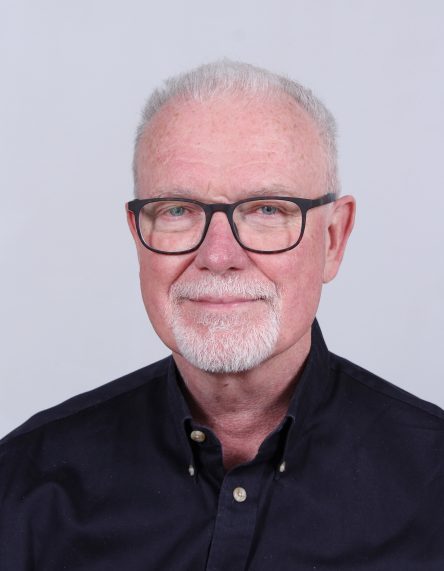Staff Profile
Hal Caswell
Preferred Name: Hal Caswell
Emeritus Research Scholar
Biology
Email: hcaswell@whoi.edu
Phone: 508 289 2751
Office: Redfield Building
Address:
Woods Hole Oceanographic Institution,
Mail Stop 34
266 Woods Hole Road
Woods Hole, MA 02543
Website: http://www.whoi.edu/hpb/Site.do?id=1030
Lab/Group Site: http://%20/
Education
B.S. Michigan State University, 1971, Zoology
Ph.D. Michigan State University, 1974, Zoology
Research Statement
Research: I study mathematical models for populations. I define “populations” very broadly, including plants, non-human animals, and humans. This has led to several major research directions.
- The contributions of individual heterogeneity and individual stochasticity in generating variation in demographic outcomes. Such outcomes include lifetime reproductive output, longevity, healthy longevity (with “health” defined very broadly indeed), and lifetime income. Both biologists and sociologists tend to overestimate the contribution of heterogeneity to these outcomes, because methods for stochastic analysis have not been widely adopted and because, naturally, we are all trained to look for differences.
- Mathematical models for the growth and structure of kinship networks. Any individual is surrounded by a network of kin (parents, children, siblings, etc.). In humans these networks are important sources of social support. It turns out that the same is true for social animals. I have developed a general model framework based on matrix population projections that is now widely adopted by human demographers.
- Extensions of matrix methods for structured population models, including sensitivity analysis, multistate models, Markov chains with rewards, and variance patitioning methods.
- Uses of population models to assess the impact of climate change on populations. These methods have been applied particularly to Arctic and Antarctic species.
- Health demography. Both human demographers and population biologists are accustomed to describing life cycles in terms of aging and passage through developmental stages (juvenile, adult, senescent, etc.). But health states are also relevant, and I have developed matrix theoretic methods to analyze the growth and structure of populations characterized by health states.
From 2013-2024 I stepped away from WHOI to hold a position as Professor of Mathematical Demography and Ecology at the University of Amsterdam, supported by two Advanced Grants from the European Research Council. I returned to WHOI in 2024 and although formally retired, I continue my research program.
For prospective students: I am no longer taking on students, although the WHOI-MIT Joint Program is a wonderful educational program and I enjoy interacting with students there.
